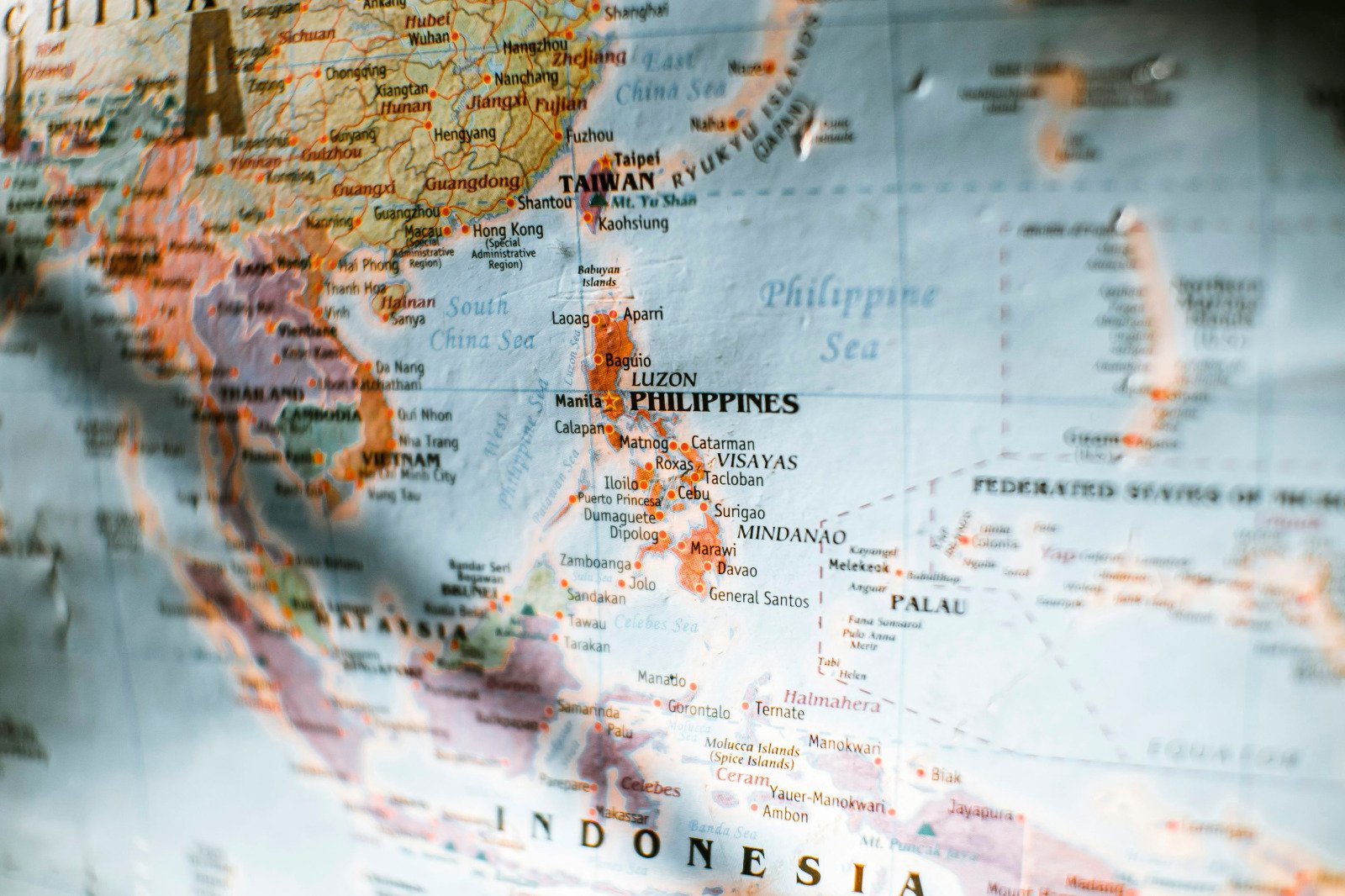The reelection of Donald Trump as the President of the United States will likely bring changes in security and business policies affecting Asian companies.
Mahfuz Sidik, former Chairman of Commission I of Indonesia’s national parliament, has urged President Prabowo Subianto to anticipate the impact of Trump’s victory on the security dynamics in the Asia-Pacific region.
Following Trump’s significant win over Kamala Harris in the U.S. presidential election on November 5, 2024, Mahfuz noted that Trump’s strong intent to weaken China goes beyond the U.S.-China trade war and bilateral relations alone.
“This isn’t just a bilateral conflict between America and China; there are various other strategies Trump may use to undermine China. If the U.S. targets China, countries that are perceived to align or partner with China, like Indonesia, may also be affected.” Mahfuz explained in an online discussion on Wednesday (11/6), as reported by suarasurabaya.net.
Mahfuz anticipates heightened tensions in the Asia-Pacific, potentially making the region a new hotspot in the power struggle between superpowers.
Asia Prepares for Potential Trump Policy Shifts
In response to Trump’s win, Indonesian businesses, along with those across Asia, need to prepare for possible shifts in Trump’s business policies.
Two major Asian chip manufacturers, TSMC from Taiwan and Samsung Electronics from South Korea, have invested $117 billion in the U.S. to reduce American reliance on Asia for advanced chip production. In return, they were promised $18.85 billion in grants and financial support.
However, with Trump’s leadership, this scheme could face uncertainty, especially given Trump’s campaign statements about imposing additional costs on Taiwan and China for allegedly taking American semiconductor business.
Meanwhile, Taiwan’s GlobalWafers has announced that the subsidy program will continue under Trump’s administration.
The electric vehicle (EV) sector may also face challenges, as Trump has threatened a 200% tariff on certain imported cars, impacting major Asian automakers like Honda, Nissan, and Kia. Trump views these tariffs as a way to reduce the U.S. trade deficit.
South Korean battery manufacturers and Japan’s Panasonic, which have EV battery plants in the U.S., are preparing for potential shifts if Trump removes clean energy policies introduced by Joe Biden.
Chinese tech giant Huawei, for instance, has faced challenges due to restrictions on purchasing high-end chips, which have crippled its smartphone business. Other tech companies like ByteDance and Tencent have also been affected, as apps like TikTok and WeChat remain banned in the U.S.
In response, some Chinese exporters are considering moving their factories out of China or speeding up relocation plans to mitigate the effects of Trump’s policies. Yet, certain Chinese tech executives believe Trump’s aggressive approach could work to their advantage, as they doubt the U.S. will garner enough international support to halt China’s technological advancements.
Nazak Nikakhtar, a former Commerce Department official under Trump, predicts that his administration will adopt an even more aggressive approach toward export controls on China.
Mahfuz Sidik concluded by saying, “We need to respond to this situation by diversifying our partnerships. We commend President Prabowo for actively pursuing diplomacy on various forums as a proactive step.”
Sources: kontan.co.id, suarasurabaya.net
Image source: unsplash.com


